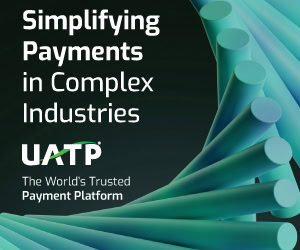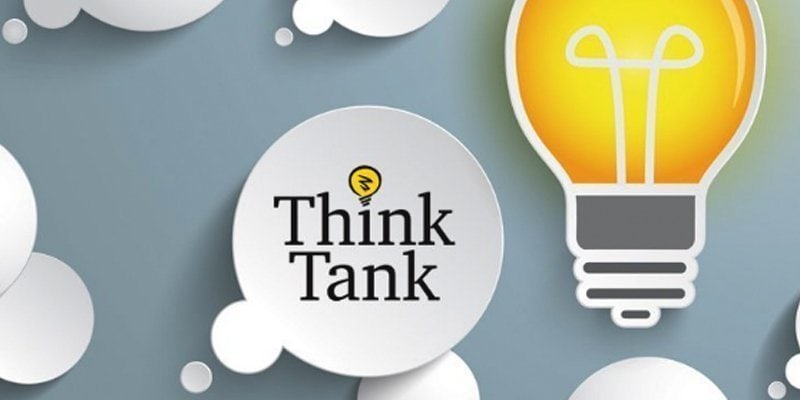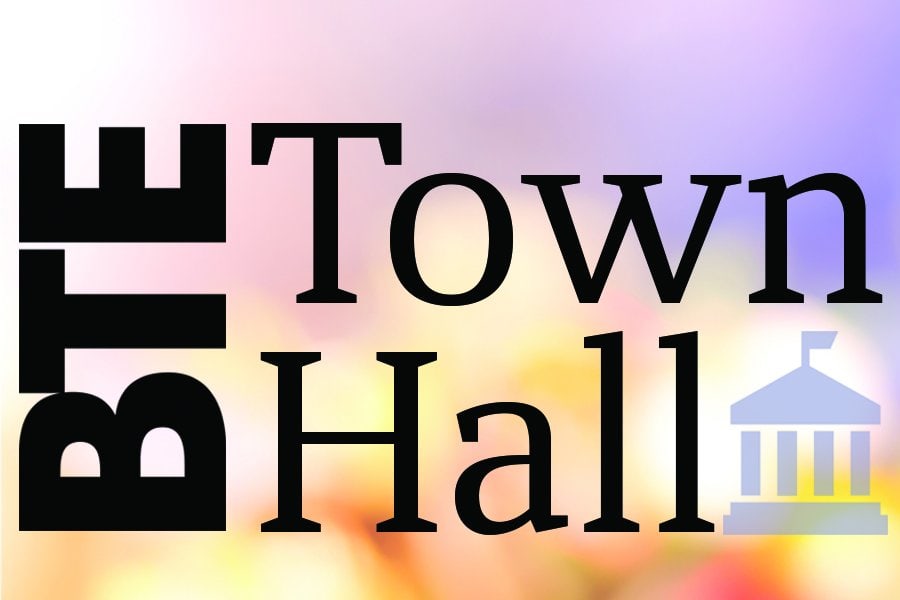Was there ever anything simple about hotel RFPs? For those who’ve had to wrangle the process over the years, whether viewed through the lodging lens or the focus of corporate travel buyers, the procedure has sat mired in the column of complicated tasks more often than not.
Not surprisingly, travel buyers are keen for RFP innovation. According to a research report released by the Global Business Travel Association and Radisson Hotel Group in mid-June, “Travel managers are signaling a strong interest in evolving the traditional RFP process, with growing support for more flexible and strategic rate agreements.”
Entitled The Evolution of Managed Hotel Programs, the report found 64 percent of respondents have or are interested in multi-year fixed-rate agreements, 60 percent favor spend-based targets, 52 percent are exploring or using evergreen dynamic rates and 50 percent show interest in share-based targets. It captured responses from travel managers across the United States and Europe on a variety of topics.
In the mix of suggestions regarding hotel programs were calls for global RFP standards, the implementation of a “centralized RFP procedure that would send requests simultaneously to the global account managers of the various chains/hotels,” and overall increased usage of automation, notably greater involvement of Al in procedures.
The latter is already on the radar of hotel companies, business travel buyers and TMCs. In a changing landscape regarding RFPs, how AI is being considered and/or integrated and what impact it can have on the process is a top-of-mind dynamic among players.
Embracing Modern Methods
“The hotel RFP landscape has evolved significantly, leaving the traditional model of fixed, annual rates behind in favor of a more dynamic and flexible approach,” says Amiya Mahapatra, London-based director, consulting at Navan. “Key drivers for this change include less predictable travel patterns and a greater emphasis on the overall traveler experience, not just cost. This modern environment relies on data-driven decision making and AI-powered automation to provide the transparency and agility needed for continuous program optimization, moving companies beyond a ‘set-and-forget’ mindset.”
At corporate lodging and payment technology platform HRS, the “most obvious” shift in hotel RFPs is in timing and frequency, propelled by advancements in technology. According to the company, these provide avenues for procurement leaders to do more precise, targeted RFPs for scenarios focused on specific timelines and/or destinations.
“While annual RFPs, of course, still take place, this more-refined approach gives procurement leaders more options throughout any given year as business needs require,” says Michael Brophy, director of global media relations at HRS. Brophy adds that such technology also can make it easier for hoteliers to respond to RFPs in a timely fashion. “This is particularly vital at a time when many hotel suppliers are resource-challenged to respond to the volume of both transient and meetings RFPs that flow from existing and prospective corporate clients,” he explains. “AI is enabling deeper, faster data analysis of converged meetings and transient segments for procurement buyers’ analysis that is used for multiple reasons.”
Technology has been increasingly layered into the process on the lodging side, with hotel RFP management software a boon for many hoteliers.
With 18 brands running the gamut from luxury tier Regent to legacy Holiday Inn, global hotel mega-chain IHG offers a strong selection of product within the business travel sphere. Indeed, its Crowne Plaza brand, with 415 hotels operating as of June 30 – with an addition 144 in the pipeline – is known for its focus on business and meetings.
According to Mark Sergot, senior vice president, global sales, IHG Hotels & Resorts, as the hotel RFP landscape continues to shift, IHG sees technologies like AI as a key driver of more efficient and responsive ways to serve its customers.
“While we’re not currently using AI specifically to review RFPs, we are leveraging advanced tools across our operations to empower hotel teams and elevate the guest experience,” he says. “For instance, our AI-powered Digital Concierge chatbot has handled millions of guest interactions and translates content into 20 languages, streamlining communication and reducing operational costs. These innovations indirectly support the RFP process by enhancing hotel responsiveness and service quality, all critical factors in meeting planners’ and corporate travel buyers’ decision making.”
Fox World Travel’s chief information officer Sam Hilgendorf is a self-proclaimed strong advocate for adopting AI and notes the company fully utilizes automation tools in the hotel RFP process. “The primary goal is to reduce the amount of time in both baselining nightly rate information and reducing the amount of time (and back-and-forths) in negotiations, as a typical enterprise hotel program will be managing a significant volume of individual hotel negotiations at the same time,” Hilgendorf explains.
Mahapatra says Navan is embracing the new reality by using advanced AI and a curated partner ecosystem to help clients build “truly strategic” hotel programs. “Our platform is designed to transform the RFP from a transactional, once-a-year event into an ongoing management process. We facilitate negotiation, audit rate performance and surface actionable insights, empowering our clients to build agile programs that deliver greater value in a rapidly changing business environment,” he says.
The company has “invested heavily” in modernizing its hotel program management, Mahapatra says, with its platform slated to move by year’s end toward AI-driven rate auditing. This will continue to help ensure competitive pricing, dynamic sourcing tools for year-round adjustments and automated supplier engagement to streamline negotiations, he notes.
Creating An Edge
Some industry observers contend there’s the possibility tomorrow’s RFP is going to be a totally AI-generated projection of what, for example, the discount ought to be, along with other aspects of the RFP. Integrating agentic AI also is being touted as a method to enhance the RFP process.
Brophy observes that AI, which HRS utilizes via its Copilot platform, already is transforming the depth and speed of the RFP process. “Shaping RFPs is a vital outcome for the use of AI,” he says. “The capacity to refine RFPs for specific persona groups within an organization holds potential to be a true game changer, as more companies adopt this approach and hoteliers grasp efficient and compelling options to respond to these better-defined corporate needs.”
The platform offers procurement leaders transparent, proactive recommendations with clear execution steps. “Moreover, leaders also can see the risk scenarios tied to recommended actions, allowing them to consider all angles to a specific action before directing the automation to proceed,” Brophy says.
Similarly, Fox World Travel combines its AI personal assistant, Colby, with its business intelligence platform, Cognition, to “quickly create insights that would normally take days to uncover,” says Hilgendorf. This includes analyzing historical trends in preferred hotel usage, tracking shifts in average nightly rates and exposing hidden spend through Fox’s expense system integrations. “Ultimately, negotiations tend to favor the most prepared party, and Cognition with Colby gives our customers that edge. AI doesn’t replace the negotiation,” Hilgendorf stresses, “but it can arm our customers with the facts that make their position clear and compelling.”
Mahapatra concurs that making sure clients are up to speed on analytics can help drive positive results from their RFPs. “By providing comprehensive data and traveler insights on a single dashboard, we empower our clients to move away from end of year reviews and make swift, strategic decisions.”
Drilling down on Navan’s efforts, Mahapatra emphasizes the primary goal of these innovations is to drive efficiency, transparency and continuous improvement. “By reducing manual effort and making data-driven insights accessible at every step, Navan enables both companies and their hotel partners to focus on what truly matters.” Emphasizing, “Optimizing spend, enhancing the overall traveler experience and building more beneficial relationships.”
Concerns, Challenges and Caveats
AI just may be the two hottest letters being mouthed in the same breath as R-F-P currently. And while the move to AI is “exciting,” the executives readily acknowledged its integration into the hotel side and with TMCs and corporate travel programs is not without concerns, challenges and caveats.
“We’re still observing the growing use of AI and how the ecosystem at large is reacting as more players deploy it as part of their procurement operations. That said, the one thing that is clear is that laggards run the risk of being left behind. This translates into lost opportunities not only on savings, but also traveler satisfaction, payment efficiency, sustainability and other elements that are vital to well managed programs,” says Brophy.
“While the promise of AI-driven hotel sourcing is exciting, the industry must first navigate several important challenges,” cautions Mahapatra. He includes varying levels of technological readiness across the hospitality sector, persistent issues with data quality that can undermine AI’s effectiveness, and the need for significant change management within organizations.
“A successful transition,” Mahapatra adds, “requires balancing powerful automation with the human element of relationship building, all while ensuring stringent data privacy and security. At Navan, we have tried to address these hurdles directly by partnering with both buyers and suppliers on their digital transformation, emphasizing phased adoption and open integrations to help ensure the benefits of modernization can be realized industrywide.”
Loss of long-standing relationships – as well as loss of control of human led processes – also figures into chatter for people-centric industries as they open up to the possibilities of AI, which Fox’s CIO advises needs greater vigilance than most technology. “I’m a strong advocate for adopting AI, but with that comes a greater responsibility than we usually apply to technology,” says Hilgendorf. “We don’t stop to question how Netflix chooses our next recommended show or how GPS decides a detour. That same blind trust is the trap with generative AI. A few good experiences can quickly lull us into outsourcing judgment without guardrails.”
The technology veteran points out that RFPs are especially vulnerable to this risk. “The more we let AI write or review submissions, the less we engage with the people and strategy behind them. It becomes a real-world version of ‘Rock ‘Em, Sock ‘Em Robots’ – algorithms trading blows on our behalf,” Hilgendorf warns.
“For some, that sounds like efficiency,” he says. “But in reality, it’s an arms race of automation, where the decisive punch goes to whoever trains their robot faster and smarter. The real danger is when the robots never stop swinging – and no one notices the buyers and suppliers have stopped actually talking to each other. Without that oversight, AI will start making promises you can’t keep. When used effectively, AI can sharpen negotiations, but it must never replace the relationships that make negotiations meaningful.”
More to Come
As technology’s reputation as a “quick-change artist” is ever present, should hoteliers and business travel buyers heading into Q4 be prepping for more changes to the RFP process? “Absolutely,” says Navan’s Mahapatra. “The hotel sourcing landscape is evolving at a rapid pace. We expect to see a greater emphasis on dynamic and hybrid rate models, allowing programs to remain agile in a volatile market. This shift will be underpinned by an accelerated adoption of technology, where AI-powered auditing and automated dashboards enable a continuous, year-round sourcing strategy. This data-driven approach empowers both buyers and suppliers to make faster, more informed decisions.”
Brophy says the leading clear reason for continued change is the unstable geopolitical and economic climate most European and North American companies are navigating. “Lack of clarity on tariff levels, for example, can drive a cascading impact to managed travel programs in select vertical markets, with budgets and allocations often decided at the last minute. This puts a premium on both buy and supply sides to utilize scalable automation that reduces both time and cost for the typical procurement exercise,” he notes.
IHG’s Sergot sees AI playing “an increasingly strategic role” in areas like pricing optimization and demand forecasting across the chain’s broader commercial strategy. “These tools help us set competitive rates and manage programs dynamically, ensuring strong value for our corporate clients. As the industry explores AI and predictive modeling for RFPs, we remain focused on balancing innovation with human insight, always keeping people at the heart of our business while embracing technology that drives smarter decision making and better outcomes for all stakeholders,” he says.
“I’d summarize it this way,” offers Fox World Travel’s Hilgendorf, “AI doesn’t just save us time; it saves us from settling for average. When you multiply that across thousands of interactions, the impact is enormous: Stronger communications, more consistent messaging and a measurably better customer experience.”










